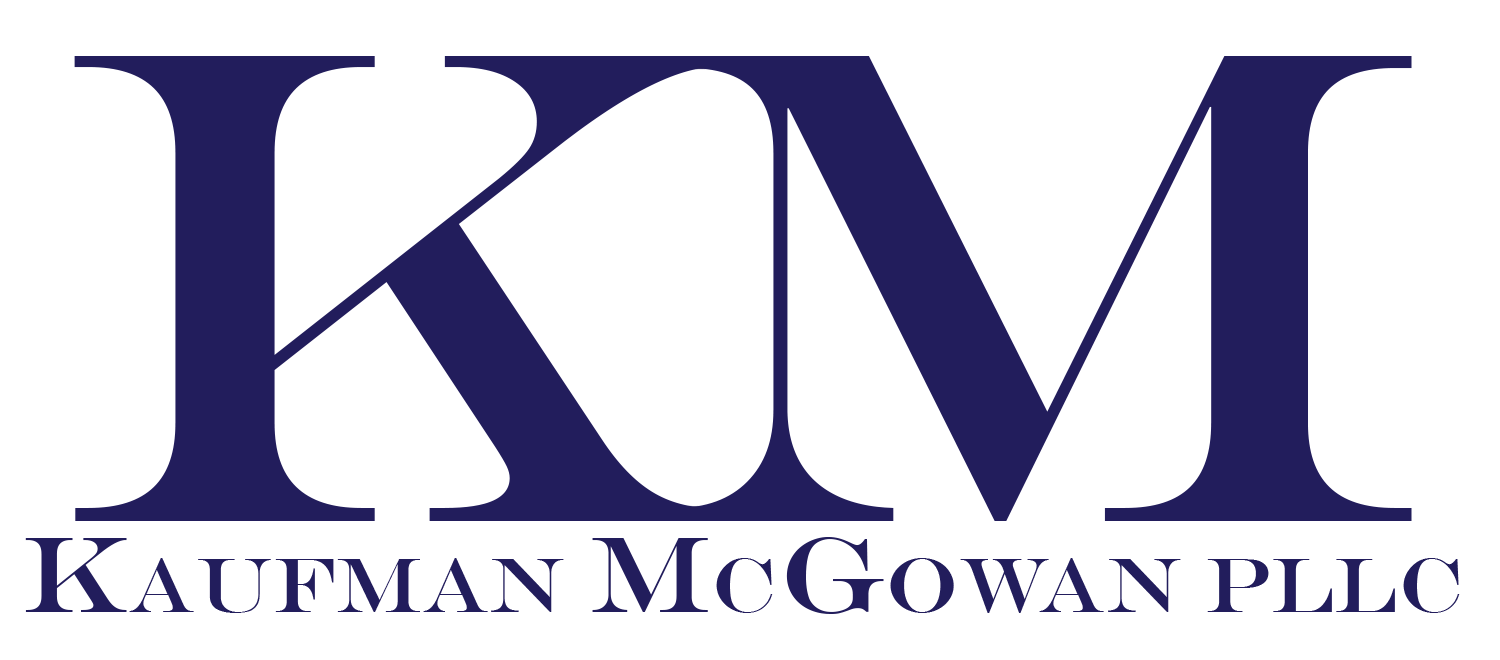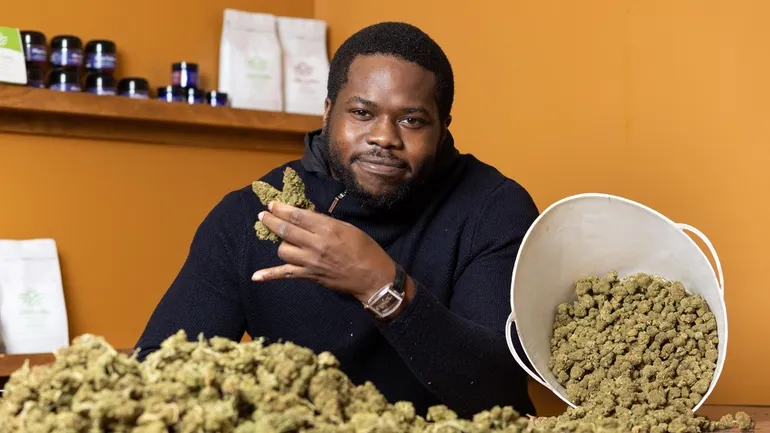By Sarina Trangle (Business Reporter at Newsday)
sarina.trangle@newsday.com; Twitter: @SarinaTrangle
Updated May 12, 2023
Link to original article: Click here to view.
Picture above: Nnamdi Ukasoanya of Amityville, owner of Medic Grade LLC, a hemp distribution and retail company, has received a conditional license to open a pot dispensary on Long Island and said he is interested in opening a consumption lounge as well. Credit: Barry Sloan
Long Islanders may soon be able to share a joint with a fellow sports fan at the bar – or toke over trivia.
Dozens of cannabis lounges may debut on Long Island under rules proposed by state regulators Thursday. Plans for pot bars were included in guidelines written to cover nearly every aspect of the recreational marijuana market, from growers to distributors to industry event organizers.
Thursday was state regulators’ second pass at the regulations, which run more than 300 pages. The agency that approves cannabis policy, the Cannabis Control Board, first put forward rules for the recreational market in November. After reviewing 3,500 comments on the plan, the board proposed an approach that would more rapidly give New Yorkers alternatives to buying from illicit pot shops and consuming products in parks or other public places. Part of the new momentum would come from allowing the established, and mostly larger, medical marijuana firms to serve recreational customers within months, rather than forcing them to wait years, as previously planned.
“It’s a real turning point,” said Axel Bernabe, chief of staff to the Office of Cannabis Management, which helps draft and implement cannabis policy. “There was a general consensus that we need more stores.”
Regulators started issuing “conditional” or temporary licenses last April. Officials described these licenses as a way for industry newcomers and smaller firms to get established before others. The initiative focuses on New Yorkers negatively impacted by the old marijuana laws, as well as farmers and processors who have worked with hemp, which comes from the same type of plant as pot. Nearly 40 businesses have conditional licenses to open shops on Long Island, but none have found and announced a location.
Retailers would be able to open pot bars in part of their shop or next door, under the proposed rules. At least initially, these consumption venues wouldn’t sell items, but would provide people shopping at the nearby dispensary a place to partake in their purchase.
The pot bars would only be permitted in the towns of Babylon, Brookhaven, Riverhead and Southampton, which opted to allow retail and consumption venues. These towns could choose to add consumption venues that aren’t associated with a store, under the proposed regulations.
As with retailers, consumption lounges would need to be a certain distances from houses of worship, schools and other sensitive locations. They wouldn’t be able to operate from 4 a.m. to 8 a.m.
They’d also need policies to deter driving while impaired and overconsumption, such as time limits or caps on serving sizes.
Towns and villages may pass additional rules, and how much sway they’ll hold over the new businesses remains to be seen, according to Sean McGowan, partner at Kaufman McGowan PLLC, a law firm that handles cannabis transactions.
“There might be some municipalities who are all in on it — full speed ahead,” said McGowan. “They’ll be reasonable about it, but that’s not that many places as far as” Long Island is concerned, he said.
Regulators described venues serving pancakes with cannabis-infused syrup or allowing patrons to consume in other “creative” ways at Thursday’s meeting. But, they added, the state would specify which activities are allowed and other details about on-site consumption licenses in a second set of rules.
“This is their way of addressing the concern that people are smoking outside,” McGowan said. “There’s more coming.”
Depending on what the state allows, pizza shops, bakeries, spas and hotels with rooftops may want on-site consumption licenses, he added.
Nnamdi Ukasoanya, one of two entrepreneurs who received a conditional retail license Thursday, said he was “highly interested” in setting up a consumption lounge in his future shop and potentially including an “adult arcade.”
Ukasoanya hopes to find space for his firm, Medic Grade LLC, in Babylon.
“I’m excited,” said Ukasoanya, who owns a hemp distributing and retailing company. “You could create an actual experience for customers.”
In California, pot bars may show sports games or host trivia nights, Ukasoanya said. Some play music and create a hookah bar-like vibe, while others are more laid back like cigar lounges, he said.
Instead of having bartenders serve liquor, pot lounges may have dab bars, where customers can pick different flavors of a smokable form of cannabis that is particularly potent. Taking a dab rather than smoking marijuana is akin to drinking a shot rather than savoring a drink, Ukasoanya said.
Opening a pot bar wouldn’t be permitted for medical marijuana firms under the proposed rules. But by paying a $20 million fee to the state in installments, they’d be allowed to start selling to recreational consumers at one of their medical dispensary locations on Dec. 29 and at two others in late June 2024.
Regulators will accept public comments on the proposed rules — published at bit.ly/41xamKx — at regulations@ocm.ny.gov for 45 days. They hope to finalize the rules before Labor Day and start accepting applications for on-site consumption and other licenses this fall, Bernabe said.
Correction: The name of Medic Grade LLC, the company owned by Nnamdi Ukasoanya, was incorrect in a caption on an earlier version of this story.
ATTORNEY ADVERTISING

